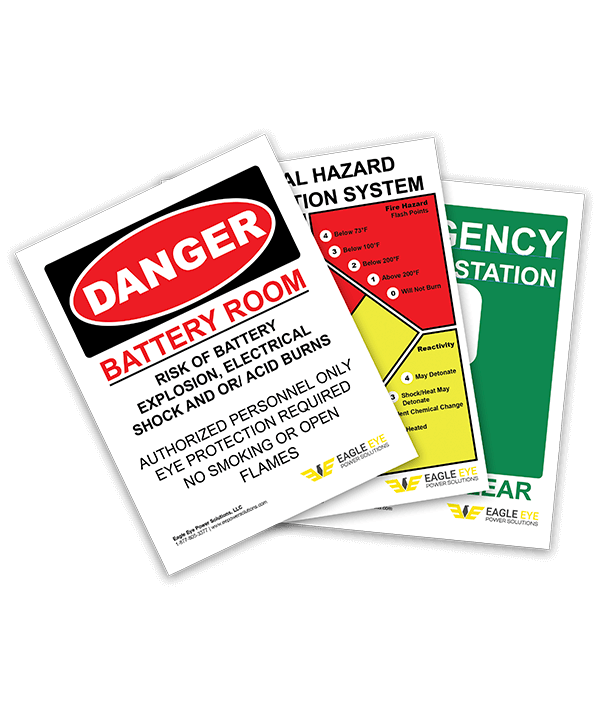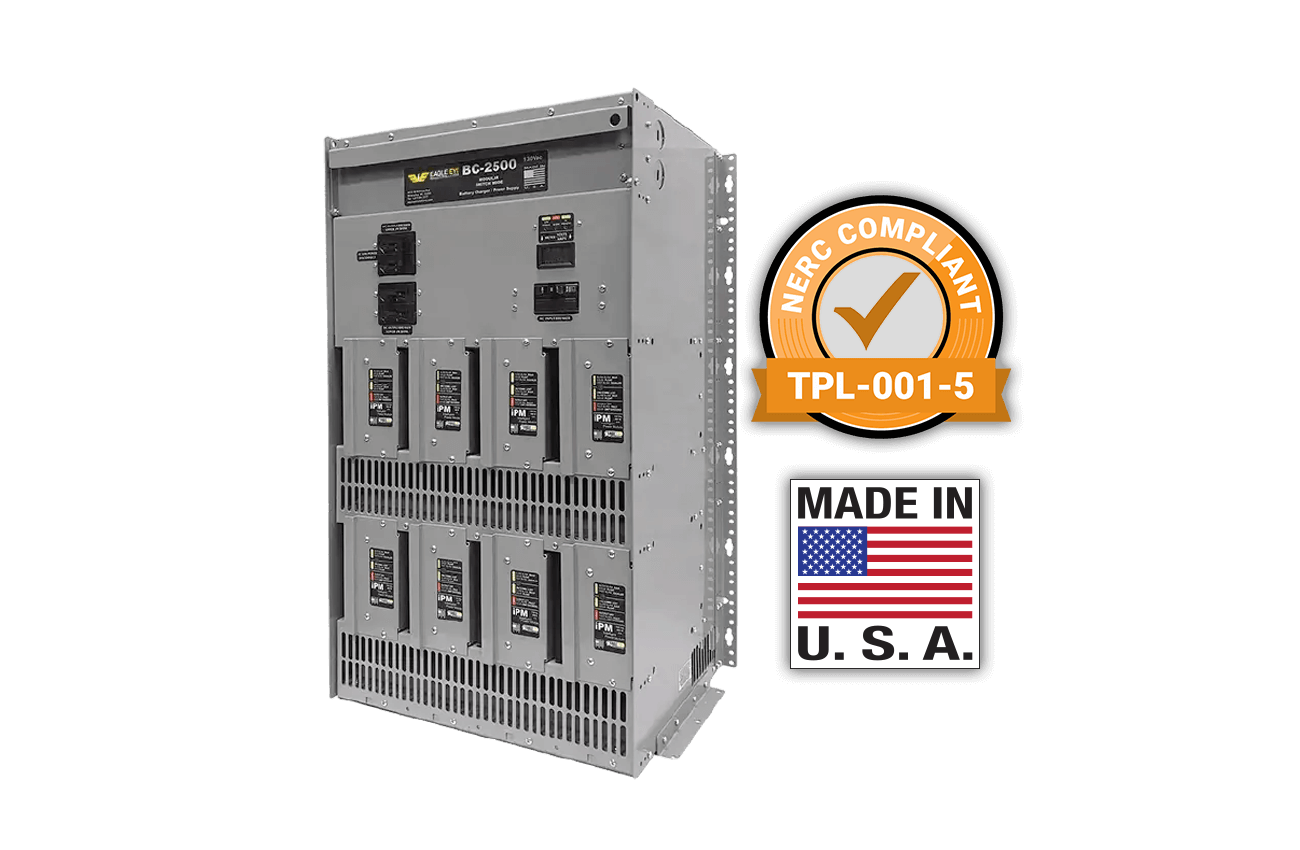There are a myriad of codes, standards, guides and practices associated with lead-acid and nickel cadmium stationary batteries. A former colleague of mine and a code expert, used to say that, “the good thing about codes and standards is that there are so many of them to choose from.”
The following is an extract from a paper that the author presented at the 2010 International Telecommunications Energy Conference (Intelec)1. “The manufacture, transportation, installation, operation, maintenance and disposal of stationary batteries are governed by a myriad of Codes, Standards, Guides and Practices. It can really be a confusing maze leading to a potentially legal minefield. The basic code is typically the applicable electric code (National Electric Code (NEC) or Canadian Electrical Code (CEC) in North America). However, there are countries with no national code of their own. In this case the installation safety may be governed by a specific electrical code of another country, or the operating company accepts the safety rules and practices of the country where the equipment is built or where the installation crew is based.” But did you know the difference between the terms?
In the same Intelec paper, the author defines them as follows:
Codes
“Codes are developed and promulgated by national, state or local levels and are enforced by law. Model Codes are building codes developed by building and code enforcement industry associations and are usually consensus documents. Many local Authorities Having Jurisdiction (AHJ) can choose to adopt a model code but it may not be the most current edition of a code and could lag behind by several years. AHJ’s often modify existing codes, or indeed, write their own version of a particular code. A good example of a model code setting body in the United States is the National Fire Protection Agency (NFPA) which publishes several codes including the National Electric Code (NEC) NFPA 70.”
Standards
“Unlike codes, standards are not enforceable by law. They are usually consensus documents developed by interested bodies so that a “standard” approach can be taken with respect to the design, operation, maintenance, etc. of similar products. Although not enforceable by law, standards can play a huge part in how manufacturers and end users determine how a product is made and used. Non-compliance can be detrimental. The word “shall” is used frequently in standards. The American National Standards Institute (ANSI) issues both codes and standards.”
Practices
“Practices are generally methods, procedures, processes and rules used in a process or field. Best practices are methods and techniques that have proven results and can be used as benchmarks to strive for. Rather than ‘shall’ the wording is generally ‘should.’”
Guides
“A guide is exactly what the name implies. It is a document that ‘guides’ the user through a process or action. Most of the IEEE battery related documents are guides. They have no force of law. The wording is usually ‘may.’”
However, if an AHJ adopts or requires that a certain practice or guide be adhered to, then that practice or guide becomes enforceable. Smart lawyers know the ins and outs of this maze so all users, installers and maintainers need to be aware of what the local requirements are.
Talking about codes, standards, etc., did you know that battery rooms and locations may require the following battery accessories?
- Signage
- Spill containment
- Spill cleanup kit
- Eye-wash facilities
- Ventilation
- Hydrogen detectors
- Fire extinguishers
For more information on codes, standards and more, look for an Eagle Eye webinar coming up soon.
References:
1. Byrne, J. Allen. An Update on the Codes, Standards and Guides Applicable to Stationary Lead-Acid Batteries. Proceedings of the INTELEC 2010 – International Telecommunications Energy Conference
Bibliography.
Ashton, Curtis. Alphabet Soup: Batteries and Codes. Battcon 2002 Conference Proceedings
McCluer, Steve. Batteries and Codes: Who Wants What? Battcon 2004 Conference Proceedings.


